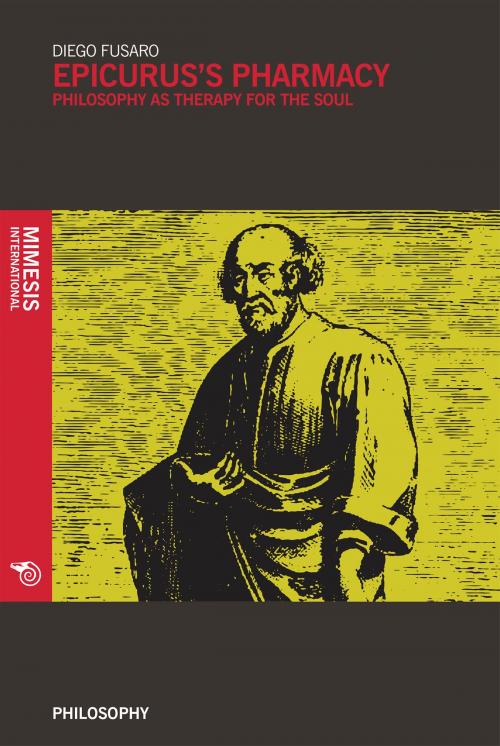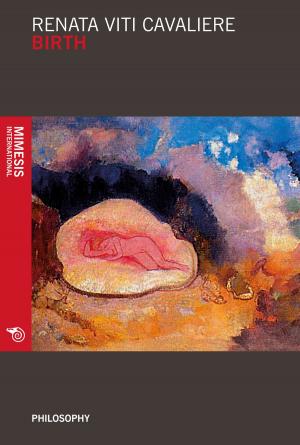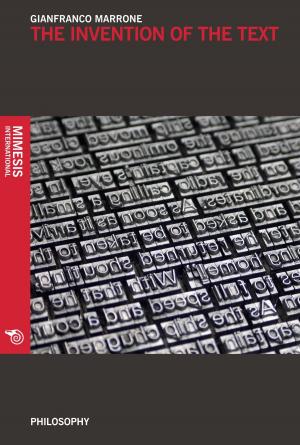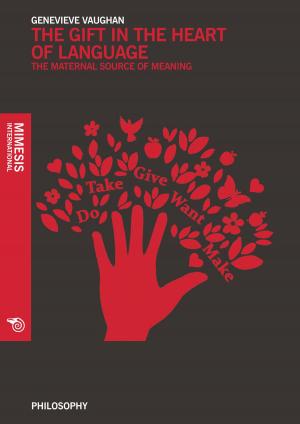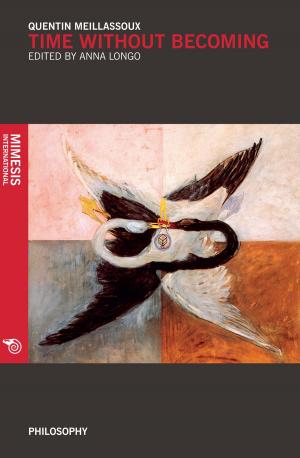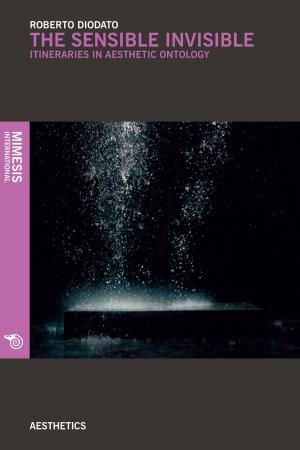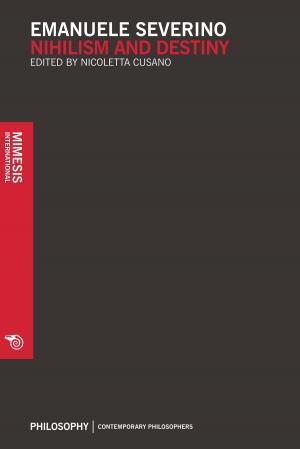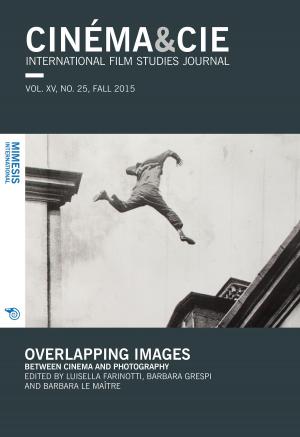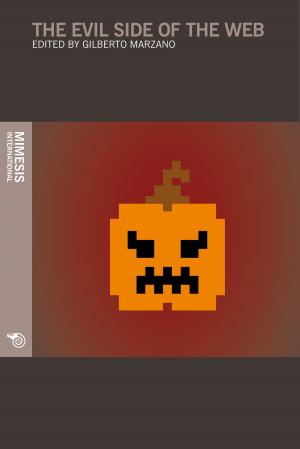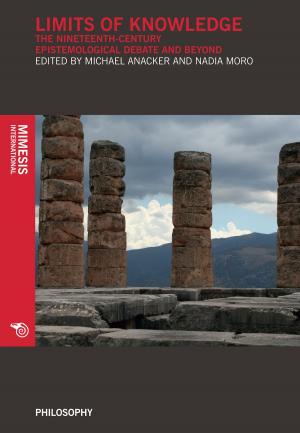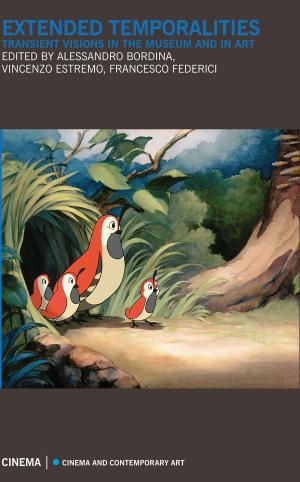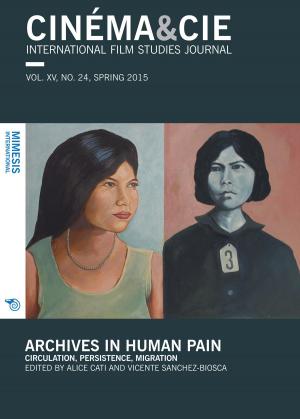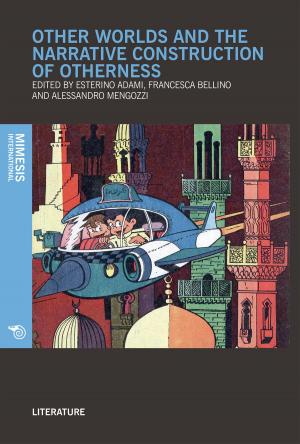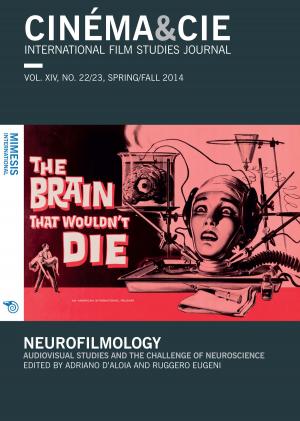Epicuro's pharmacy
Philosophy as therapy for the soul
Nonfiction, Religion & Spirituality, Philosophy| Author: | Diego Fusaro | ISBN: | 9788869772030 |
| Publisher: | Mimesis International | Publication: | January 18, 2019 |
| Imprint: | Mimesis International | Language: | English |
| Author: | Diego Fusaro |
| ISBN: | 9788869772030 |
| Publisher: | Mimesis International |
| Publication: | January 18, 2019 |
| Imprint: | Mimesis International |
| Language: | English |
Since antiquity, Epicurus’ thought has been compared to a powerful drug able to cure the pains of the soul that have always tormented man preventing him from living a peaceful existence: but we know that the Greek term pharmakon can be interpreted in its two opposite meanings of medicine and poison; and indeed, the same duplicity animates Epicurus’ philosophy which, by acting as a medicine for the human soul, also has the effect of a poison, destroying from within, philosophy traditionally conceived as a disinterested contemplation of truth. The philosophical revolution undertaken by Epicurus as a fracture with respect to all the previous tradition, from Thales to Aristotle, coincides with an inversion of the traditional relation between man and cosmos, between theory and practice: the classic question “what is reality made of?” is replaced by the Epicurean question that is at the basis of his philosophical anthropocentrism: “how must reality be made and how should one understand it in order to be happy?”. Each specific articulation of Epicurean philosophy is subordinate to the task of achieving a happy existence that is in no way inferior to any of the divine realities.
Since antiquity, Epicurus’ thought has been compared to a powerful drug able to cure the pains of the soul that have always tormented man preventing him from living a peaceful existence: but we know that the Greek term pharmakon can be interpreted in its two opposite meanings of medicine and poison; and indeed, the same duplicity animates Epicurus’ philosophy which, by acting as a medicine for the human soul, also has the effect of a poison, destroying from within, philosophy traditionally conceived as a disinterested contemplation of truth. The philosophical revolution undertaken by Epicurus as a fracture with respect to all the previous tradition, from Thales to Aristotle, coincides with an inversion of the traditional relation between man and cosmos, between theory and practice: the classic question “what is reality made of?” is replaced by the Epicurean question that is at the basis of his philosophical anthropocentrism: “how must reality be made and how should one understand it in order to be happy?”. Each specific articulation of Epicurean philosophy is subordinate to the task of achieving a happy existence that is in no way inferior to any of the divine realities.
